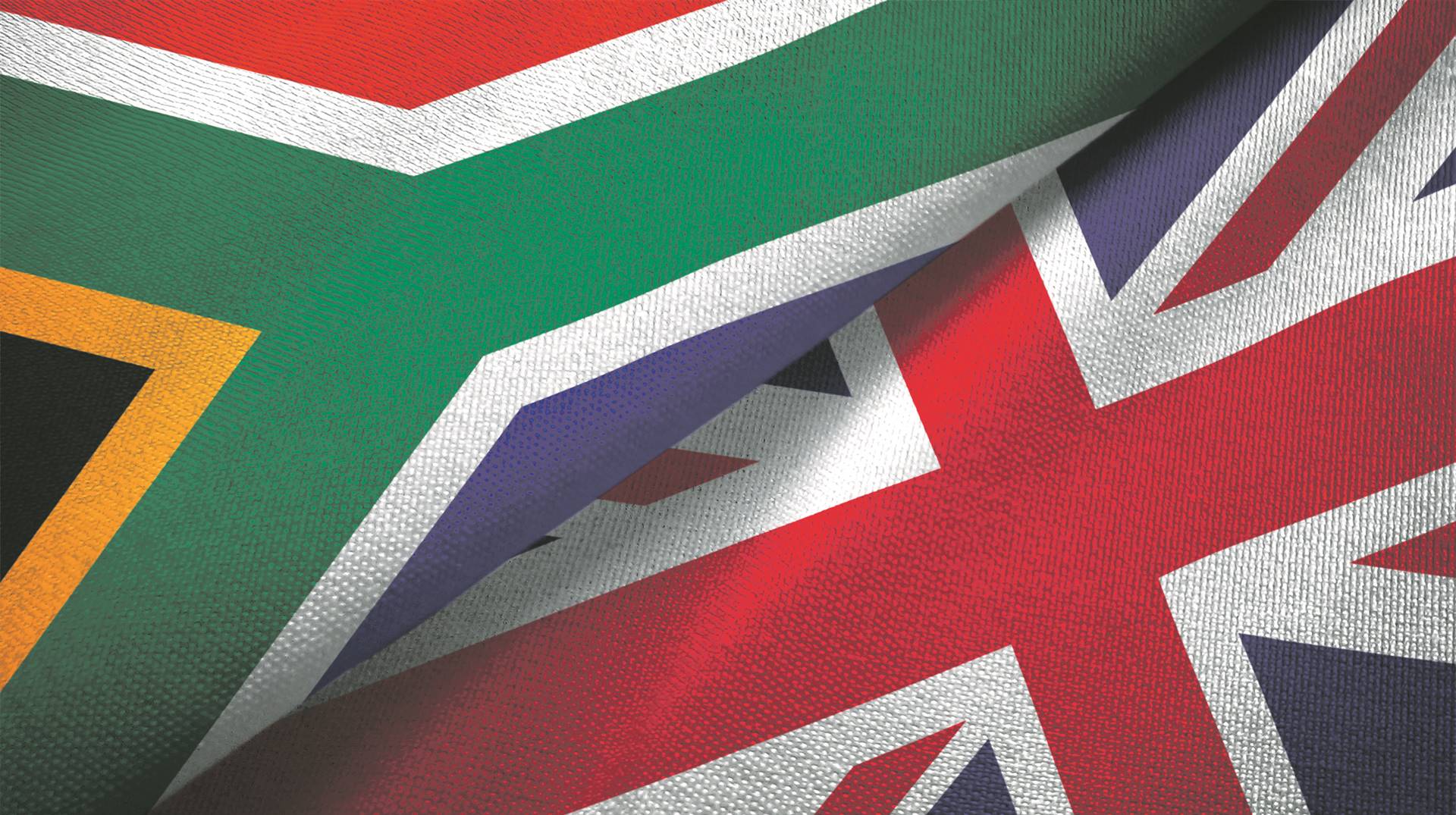
It may sound melodramatic to claim that the UK is a country sliding steadily towards the ranks of developing nations. Yet that, in effect, is the clear-headed assessment of UK political economist and leading commentator Will Hutton. It is a worrying assessment shared by many in the British labour movement, as workers in the health and transport sectors embarked on another set of strikes in August.
In a newspaper commentary, Hutton noted that “large parts of Britain are today scarcely better off than middle-income developing countries”. And the major sufferers, as in all such crises, are workers, especially the low-paid ones.
I read that assessment in mid-August as I flew into London from the Mother City of our still generally classified “upper-level middle-income developing country”.
The two commentaries raise numerous – and often worrying – parallels, as both countries head towards crucial elections next year. These parallels lie in the relative declines, especially over the past 30 years, of the economic and social status and prospects of the UK and South Africa that have a long, sometimes fractious and often brutal shared history.
It is, of course, a matter of scale between a once global industrial powerhouse enriched by the pillage and plunder of empire and a resource-rich former imperial vassal. Yet, even 30 years ago, the UK was still seen as a global economic giant, although the decline in the country’s manufacturing and industrial base was already under way.
The National Health Service (NHS) and a social welfare net were claimed to ensure a minimum acceptable standard of living for all, defined as ensuring adequate food and nutrition, clothing, housing and the necessary conditions of care, when required.
LIVING IN POVERTY
Yet, as the UK Child Poverty Action Group points out, there are now at least 4.2 million children living in poverty in the country today. A survey published earlier this year by the Resolution Foundation, an independent think tank, also found that 6 million adults reported being hungry in the month surveyed because “they lacked enough money to buy food”.
READ: Inside labour | Cry the beloved workers at the myth of the middle class
Distinct echoes of the situation are often reported on in South Africa: only the scale of the problem is different. But, then, we in Mzansi started from a very much lower base. Even 20 years ago, South Africa was the largest economy in Africa, with a relatively thriving and diversified manufacturing base. This has not only withered, but the country now teeters on the edge of the failed state abyss, with its economy having fallen into third place behind Nigeria and Egypt. The state of South Africa’s ports, rail network – once one of the largest anywhere – and post office does not bear mentioning.
In the crucial sector of health, the governments of both countries continue to insist that improvements are in progress: in South Africa, that the national health project is on course and, in the UK, that the chronic shortage of staff and inadequate investment are being remedied. However, the situations remain dire.
Hutton, with justification, claims that the UK should no longer be thought of as a rich country. He notes:
It is a good example of how relative poverty is when seen against the reality in South Africa.
As the labour movements in both countries have pointed out over the years, a prime reason for the decay – in some cases, collapse – of such essential services as transport and health lies with a system that prioritises greed over good and private wealth over public benefit.
As National Union of Rail, Maritime and Transport Workers general secretary Mick Lynch observes, the drive to increase profits in private hands leads to cuts in jobs and services, and to reductions in safety standards.
He and other unionists also point out that the stress on privatisation has led to increasing levels of precarious work and wage stagnation – another parallel with South Africa. As the independent High Pay Centre in the UK has noted, inflation has outstripped the pay rises of most workers over the past year, while executive pay among major companies soared by 16%.
READ: Inside labour | Why Zama Zamas are not the problem they are portrayed to be
These are issues that should feature prominently when both countries go the polls next year. Yet, so far, there seems to be little sign of any way out of the ongoing morass.
Bell is a writer, editor and broadcaster, focusing on political and labour analysis.




 Publications
Publications
 Partners
Partners









